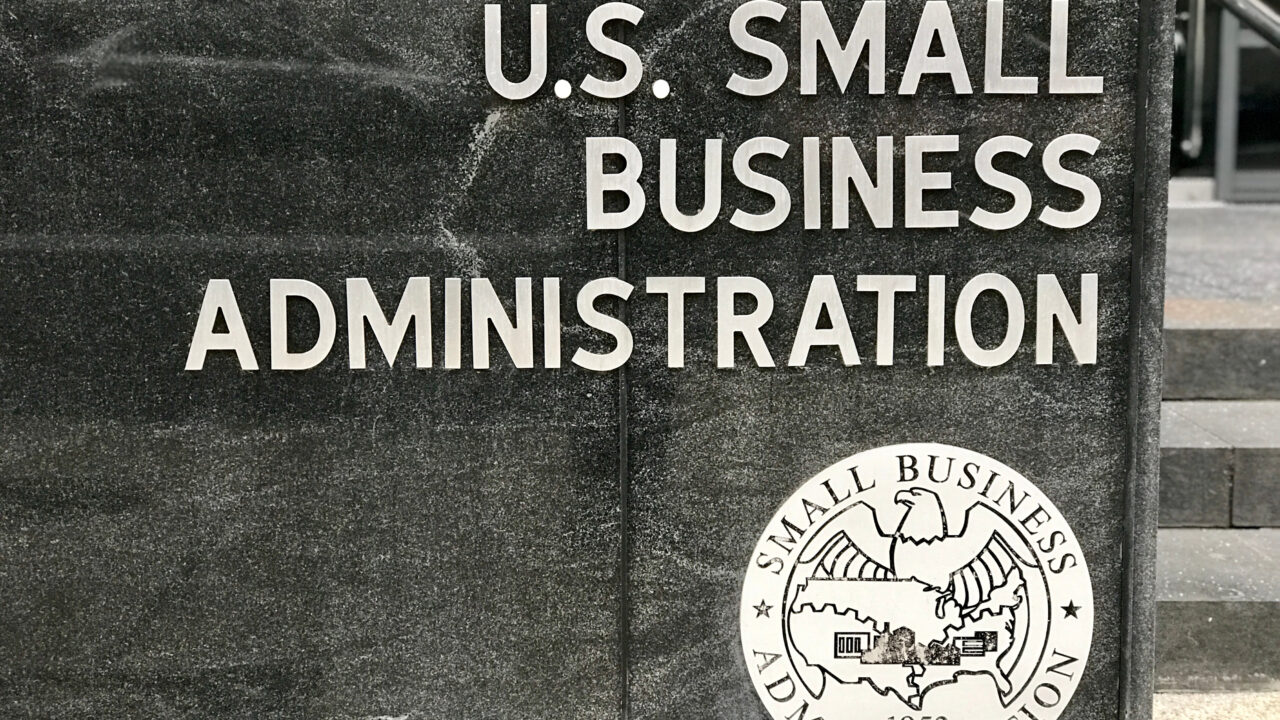
Case Update
Case Status: Victory in District Court
Ultima Services Corporation v. U.S. Department of Agriculture, et al.
- Categories:
- Civil Rights
Victory! Court Strikes Down Federal Racial Set-Aside Program
On July 19, 2023, U.S. District Judge Clifton L. Corker struck down one of the largest federal racial set-aside programs. The Section 8(a) program allows federal agencies to reserve government contracts for the exclusive use of “socially and economically disadvantaged” small businesses.
Businesses that participate in the program receive government contracts with little competition, sometimes none at all. A key part of the program is a “rebuttable presumption” that small business owners from certain racial and ethnic backgrounds are socially disadvantaged and thus eligible to participate. This presumption means that contracts are set-aside largely on the basis of race.
CIR filed suit on behalf of Ultima Services Corporation, a small business, but one that is not minority-owned. Ultima lost the right to compete for contracts that it had serviced for years when the U.S. Department of Agriculture (“USDA”) elected to reserve the Ultima Contracts under the Section 8(a) program. Judge Corker found that the set-aside program conflicts with the Due Process Clause of the Fifth Amendment, which prohibits the federal government from treating individuals differently based on their race. Accordingly, he analyzed the program under “strict scrutiny,” requiring the government to show that it serves a compelling interest and is narrowly tailored to achieve that interest. The government defendants failed under both prongs.
Why Are Racial Set-Asides Unconstitutional?
Judge Corker found that the government defendants failed to establish that the Section 8(a) program’s rebuttable presumption of disadvantage serves a compelling interest:
“Defendants assert that their use of the rebuttable presumption in the 8(a) program is to remedy the effects of past racial discrimination in federal contracting. But Defendant USDA admits it does not maintain goals for the 8(a) program. And Defendant SBA admits that it does not require agencies to have goals for the 8(a) program... The lack of any stated goals for Defendants’ continued use of the rebuttable presumption does not support Defendants’ stated interest in ‘remediating specific, identified instances of past discrimination[.]’“
Moreover, Judge Corker continued, the Supreme Court has long held that to justify a remedial race preference, the government must show that it is remedying specific instances of deliberate past government discrimination. The government defendants did not “identify a specific instance of discrimination which they seek to address with the use of the rebuttable presumption,” but “instead rel[ied] on the disparities faced by [minority businesses enterprises] nationally as sufficient to justify the use of a presumption that certain minorities are socially disadvantaged.”
The government defendants also failed to show how presuming that all members of favored minority groups are disadvantaged is narrowly tailored to remedy specific instances of discrimination. Among the many deficiencies that Judge Corker identified was that the “rebuttable presumption” is not, in practice, “rebuttable.” Every member of a favored minority group always receives the benefit of the presumption. As Judge Corker explained, “Although that presumption technically can be overcome… an employee of Defendant SBA, testified that ‘[t]here’s no process for a third party to question someone’s social disadvantage as part of the application process.’”
Judge Corker found the Section 8(a) race preference unconstitutional and enjoined the government defendants from using the rebuttable presumption of disadvantage in administering the Section 8(a) program.
- Read Judge Corker’s Opinion (Strict Scrutiny Analysis Begins on pg. 22)
